Ultra-Orthodox Jewish Sect’s Complex Raided by Guatemalan Authorities: 160 Minors and 40 Women Taken Into Protective Custody
Ultra-Orthodox Jewish Sect’s Complex Raided by Guatemalan Authorities: 160 Minors and 40 Women Taken Into Protective Custody
In a dramatic and disturbing turn of events, Guatemalan authorities recently raided a compound linked to an ultra-Orthodox Jewish sect, removing 160 minors and 40 women from the premises. The raid, which was conducted after reports of severe abuse, has shocked both the local and international communities. The individuals, now in protective custody, were reportedly subjected to physical and psychological mistreatment, and their rescue highlights growing concerns over the treatment of vulnerable groups within closed religious communities.
The Raid: A Shocking Discovery
The raid took place at a secluded compound in Guatemala, where the ultra-Orthodox Jewish sect had reportedly been living in isolation for several years. The compound, which was largely cut off from the outside world, came under investigation after multiple reports emerged alleging various forms of abuse, including physical violence, forced labor, and psychological manipulation.
Guatemalan authorities, in collaboration with child protection agencies and local law enforcement, moved swiftly to investigate these claims. The operation involved a significant number of officers and social workers, all working to ensure the safety of the individuals involved, particularly the minors who were reported to be at significant risk.
Upon entering the compound, authorities found 160 children, some as young as infants, as well as 40 women, many of whom appeared to be living in conditions of extreme deprivation. The women and children were taken into protective custody, and efforts were made to ensure they received immediate medical attention and psychological care.
The Allegations of Abuse
Reports of abuse within the sect have been circulating for some time, but it was only recently that these claims gained the attention of authorities. Witnesses and former members of the group provided accounts of harsh living conditions, strict discipline, and a lack of freedom for those living on the compound. Many of the women and children were reportedly kept in isolation, with little to no access to education, healthcare, or social services.
The children, some of whom had reportedly never been allowed to attend school or interact with the outside world, appeared to be particularly vulnerable. They were allegedly subjected to intense religious indoctrination, often separated from their families, and forced to carry out manual labor at the compound. In addition to these reports, there were disturbing claims of physical punishment being used to maintain control over the minors.
The women were said to have been subjected to a strict and oppressive lifestyle, with little autonomy or personal agency. Many of them had been reportedly coerced into staying with the sect, with threats of punishment or social ostracization if they attempted to leave. For some, the isolation from the outside world and the control exercised over their daily lives had led to long-term emotional and psychological trauma.
The Role of the Ultra-Orthodox Jewish Sect
This ultra-Orthodox Jewish sect, which operates independently from mainstream Jewish communities, has been known for its insular and tightly controlled way of life. Members of such groups typically adhere to strict interpretations of Jewish law, maintaining traditional customs and religious practices. However, in some cases, the level of control exerted over members—particularly women and children—has raised concerns about the well-being and rights of those within these communities.
While there are many ultra-Orthodox sects that promote a devout and peaceful lifestyle, others have been accused of operating in ways that violate human rights and restrict personal freedoms. The community at the center of the Guatemala raid is said to have isolated itself from mainstream society, including other Jewish groups, and operated largely under its own set of rules and beliefs.
The raid has drawn attention to the potential dangers of such isolated communities, where extreme religious beliefs can sometimes be used to justify abuse, manipulation, and exploitation. The case in Guatemala is not an isolated incident; similar allegations have surfaced in other parts of the world, where closed religious communities are accused of controlling members through fear, isolation, and abuse.
Guatemala’s Response and the Importance of Protection
Guatemala’s swift response to the situation has been praised by human rights groups, who commend the authorities for prioritizing the protection of vulnerable individuals. The government’s decision to take 160 minors and 40 women into protective custody underscores its commitment to safeguarding human rights, particularly those of children, who are often the most vulnerable in abusive situations.
The children and women taken into custody are now receiving care and support from local child protection agencies and social workers. The immediate focus has been on ensuring that the minors are safely housed in appropriate facilities, where they can receive medical care, counseling, and education. Many of the children will require extensive psychological support to help them recover from the trauma they experienced.
While the women who were rescued are also receiving support, some have expressed a desire to reintegrate into society and live more independent lives. The challenges faced by these women—many of whom may have been raised in a highly controlled and oppressive environment—will require ongoing support as they transition into the outside world.
International Attention and Legal Implications
The raid in Guatemala has garnered significant international attention, with human rights organizations and Jewish advocacy groups expressing concern over the treatment of the women and children involved. Many are calling for a broader examination of religious sects that operate in isolation and may engage in similar practices.
The legal ramifications of the raid are still unfolding. Guatemalan authorities are expected to conduct a thorough investigation into the operations of the sect, including the individuals responsible for overseeing the compound and the treatment of the women and children. If the abuse allegations are confirmed, criminal charges could be brought against those in charge of the sect, including charges of human trafficking, child abuse, and violations of human rights.
In addition to the criminal investigation, there will likely be discussions about the broader issue of religious freedom and the need to balance the right to practice religion with the protection of individuals from harm. While religious communities have the right to self-determination, the protection of vulnerable members—especially children—must be paramount. This case may prompt further legal action both in Guatemala and internationally to ensure that similar abuses do not go unchecked in other isolated religious communities.
The Aftermath and Moving Forward
The rescue of the 160 minors and 40 women in Guatemala is just the beginning of what will likely be a long and challenging process for all those involved. As the survivors of this sect begin the process of recovery, the international community must remain vigilant in ensuring that their rights are protected and that those responsible for their abuse are held accountable.
For the authorities in Guatemala, this raid will likely serve as a precedent for future investigations into isolated religious communities. It will also underscore the importance of monitoring such groups to prevent the mistreatment of individuals under the guise of religious practice.
In the broader context, this event serves as a stark reminder of the importance of vigilance when it comes to protecting vulnerable populations, particularly children and women, from exploitation and abuse within closed communities. It is crucial that global efforts to combat such abuses continue and that countries work together to uphold the rights and dignity of all individuals, regardless of their religious background.
In Conclusion
The raid of the ultra-Orthodox Jewish sect’s complex in Guatemala has drawn attention to the serious issue of abuse in isolated religious communities. With 160 minors and 40 women now in protective custody, the case highlights the importance of protecting vulnerable individuals from exploitation, manipulation, and violence. As authorities continue their investigation, the international community must work together to ensure that similar incidents are prevented and that survivors receive the care and support they need to heal and rebuild their lives.
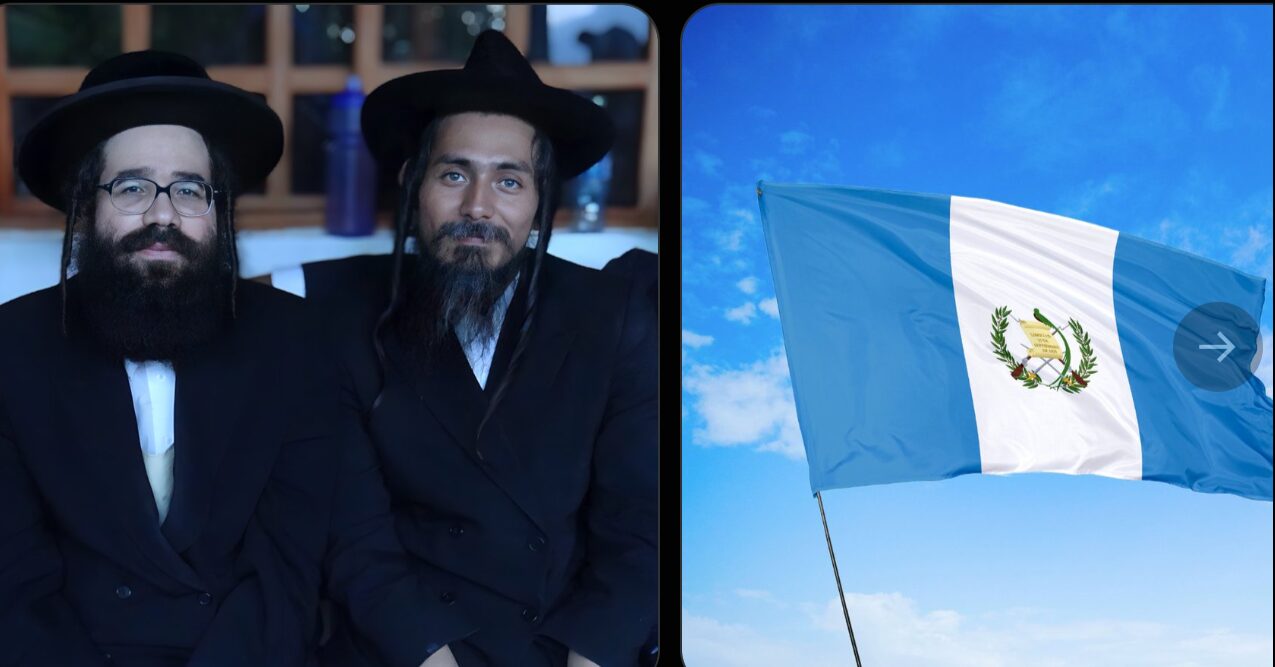


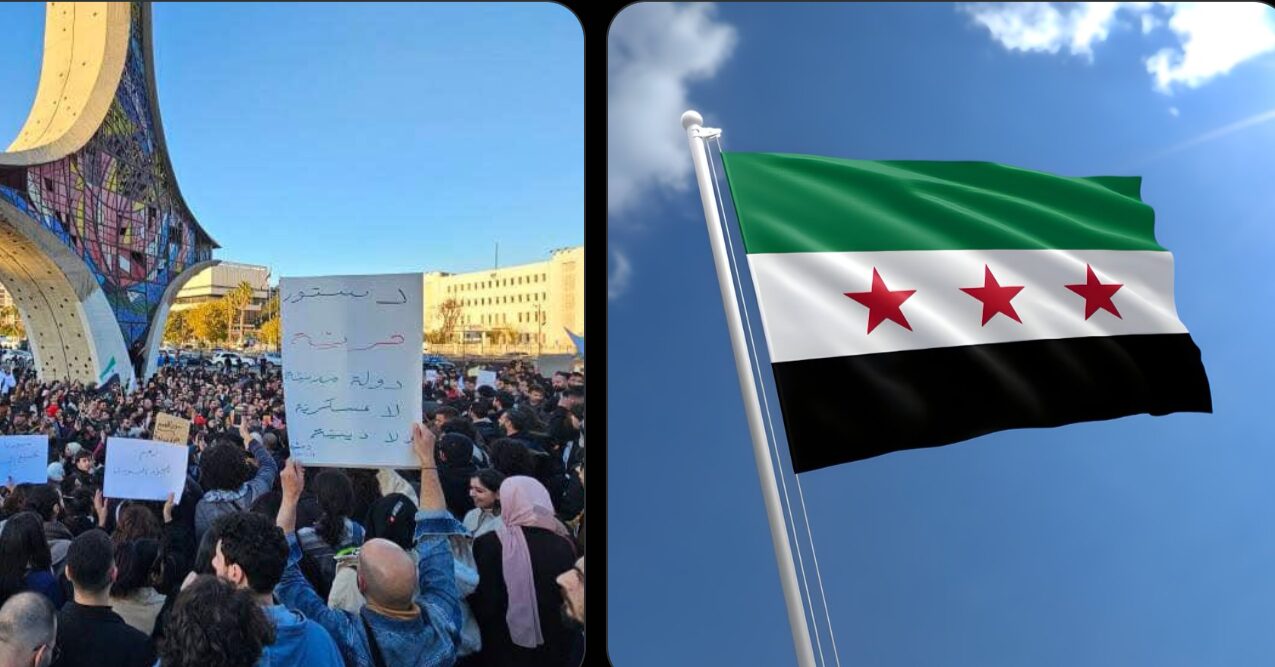
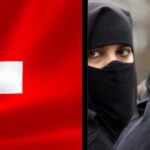

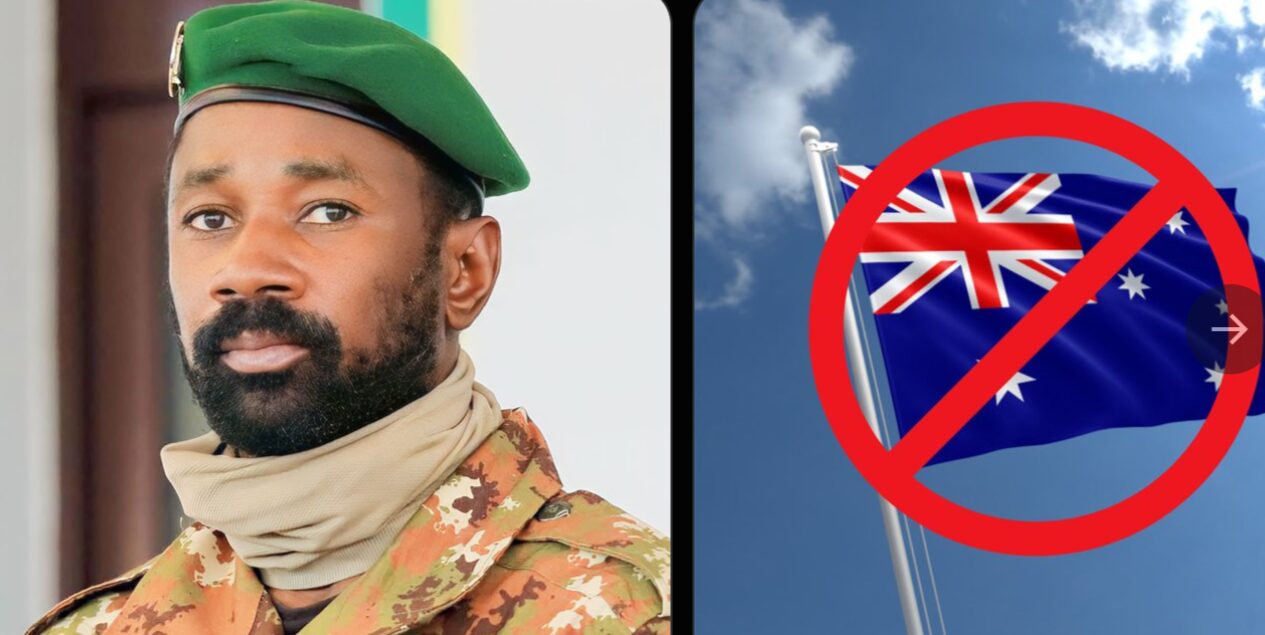
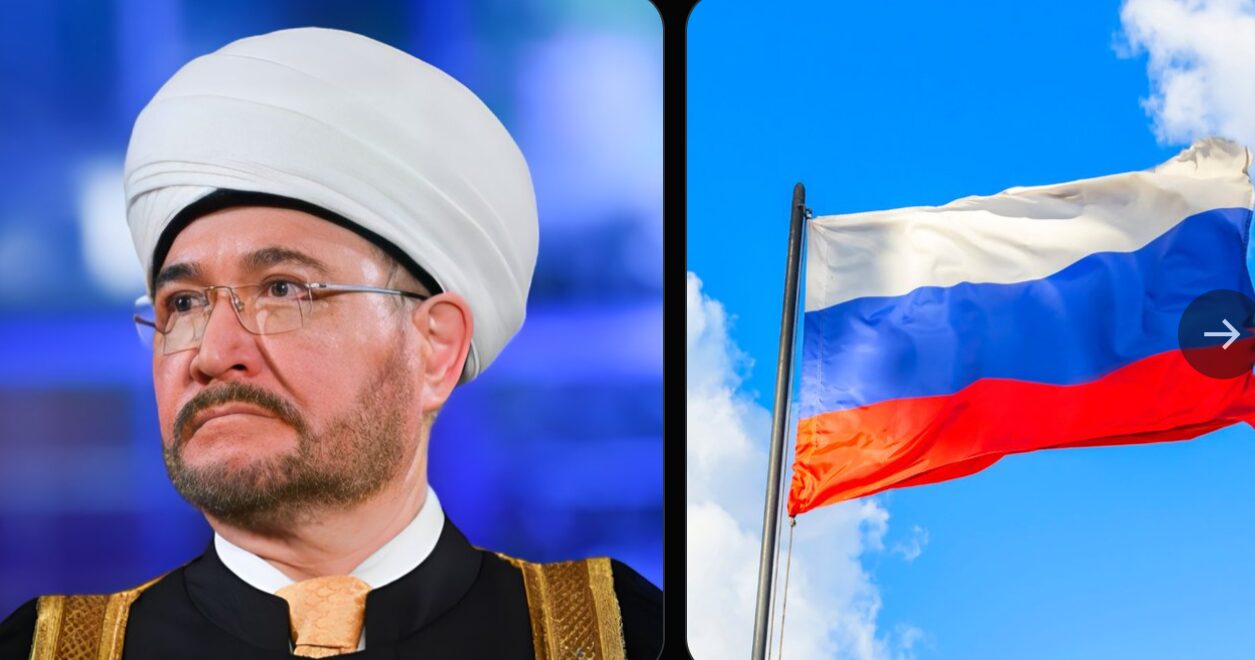









Post Comment